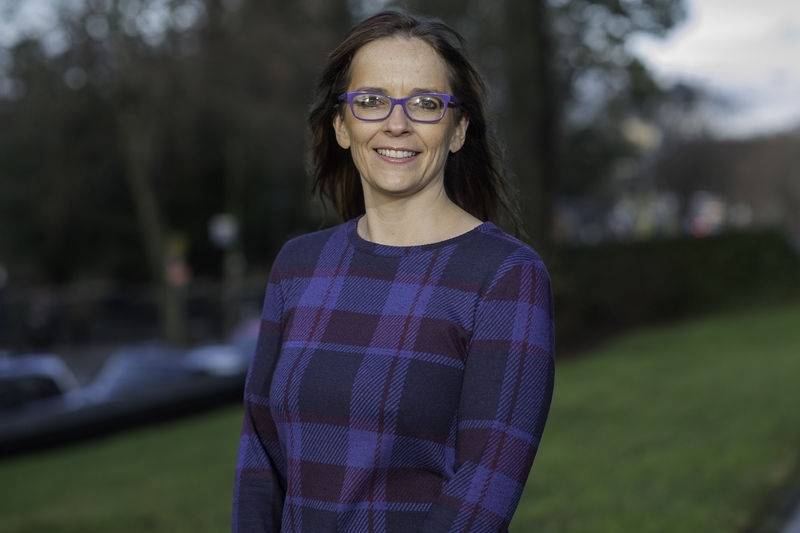Catherine Hitch
My project is funded by The Royal British Legion
What is your ideal Research outcome?
The outcome of the research would be to initially gain a more in-depth understanding of the population in order that the findings may be used to reduce poor mental health, improve help-seeking and mental health support engagement. If the population are not engaging with support services then interventions may be created to address this. Alternatively, if the veterans are reaching out but only via specific outlets then findings from this research could be used to ensure that the sources the veterans prefer are easily accessible. Those services that the veterans have found unhelpful or inaccessible could be improved. If this community wish to remain hidden then the use of technology may be a useful avenue to pursue in the future. Given that Northern Ireland has recently appointed a Veterans Minster, there is merit in exploring the utility of engaging with people at a national governance level. This overall research project should provide useful data relating those veterans who live there and it is considered that the findings could and should have far reaching effects within Northern Ireland.
Supervisors
Professor Cherie Armour and Dr Paul Toner
Why did you choose this PhD and why at Queen's?
I wished to work with Cherie due to her experience of veteran and armed forces research. Cherie supervised my MSc and I subsequently joined her team at Ulster University to begin my PhD. Cherie asked me to accompany her to Queen’s when she moved there, which seemed like a great opportunity.
How have you been supported at Queen's?
I have found the Graduate School invaluable. Furthermore, I cannot praise MASH (maths and statistical help) enough. I fully utilised all available support while I was on campus. I need to give a huge round of applause to the administration staff within the PhD office of my school; they make the whole process easier and seem to be an endless source of information.
In what ways have you developed at Queen's?
I have become a truly independent researcher, who has successfully managed to navigate the challenges of covid and working from home.
Can you describe the postgraduate community in the School and at Queen's?
Whilst I was on campus the PG community indeed felt like a community. I made several friends through the Grad School, training courses and my own PhD cohort year.
Where do you hope your PhD will lead?
I intend to submit my thesis shortly and wish to pursue a role in armed forces community research, either through the MOD, a university, a charity or a research institute. I would also like to take a directorship role perhaps within a charitable organisation.
Anything else you would like to add or advice to new PGR students?
Whatever you think you can’t do right now is only because you have not learned it yet. If you are patient with yourself and maintain your passion you will produce some great research. Use the training, build your village and try to focus on the process rather than the outcome. It is not easy and you will stumble but it’s totally doable and hopefully you will reflect it is one of your greatest achievements.
Connect with Catherine on the following platforms:

